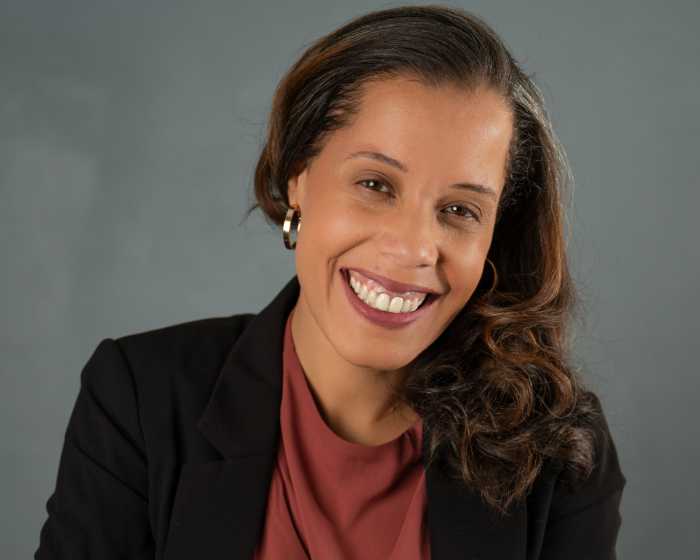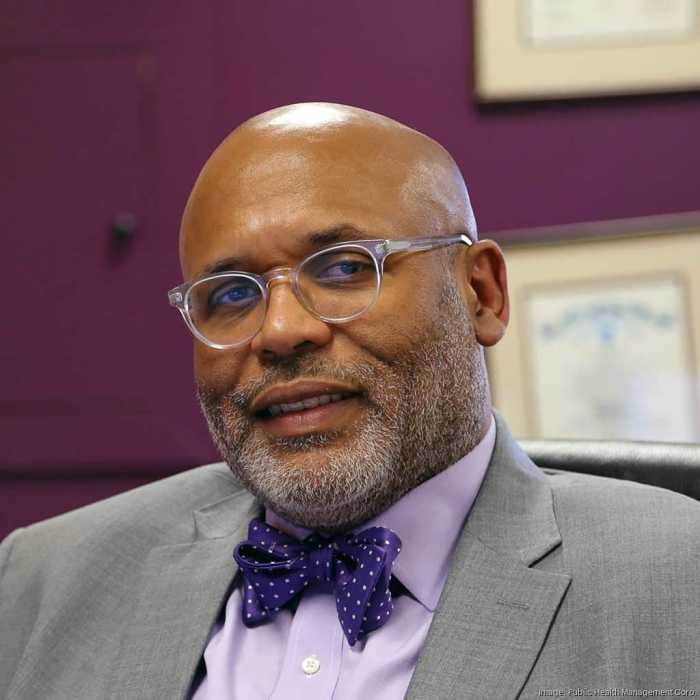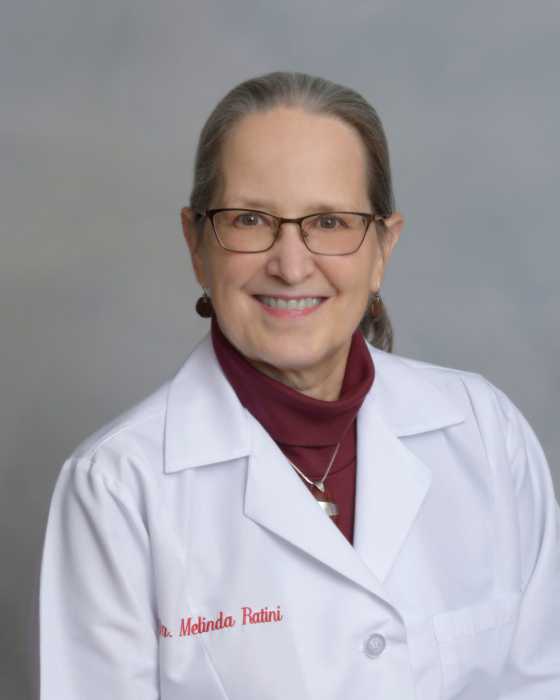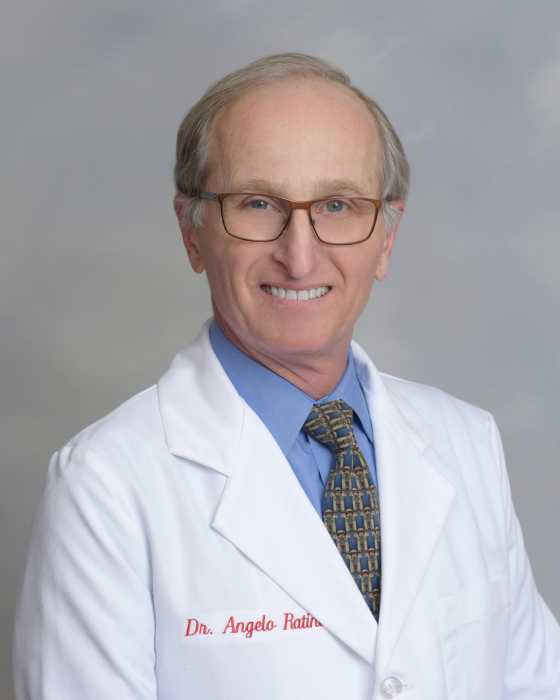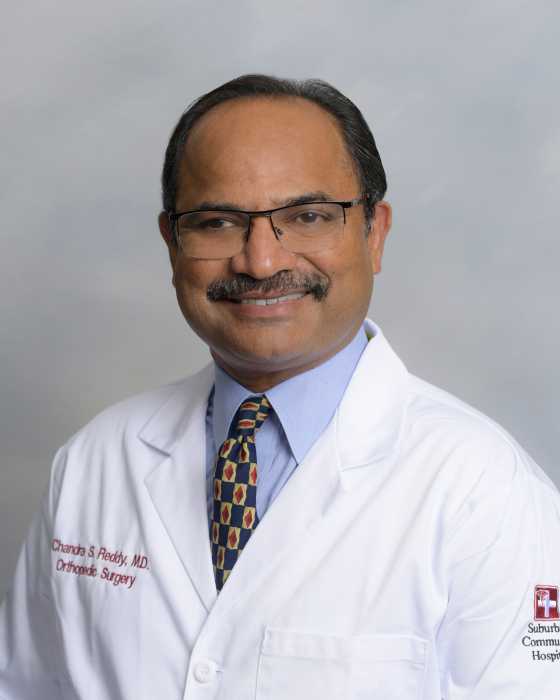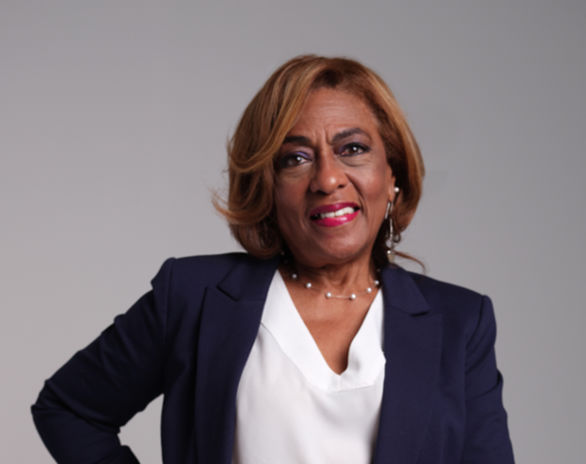Orfelina Feliz Payne has a B.A. in Applied Psychology from Pennsylvania State University and a master’s degree in business from Gwynedd Mercy University. Lina joined Puentes after serving as the first Afro-Latina senior director within the Department of Behavioral Health and Intellectual Disabilities, and the first co-chair of disparity mitigation and language access. As executive director at Puentes, Lina combats social injustice by ensuring wellness of Spanish speaking immigrants in Philadelphia and the surrounding regions.
What’s your favorite thing about working in health care?
My favorite thing about working in health care at Puentes de Salud is our connection to the community. Our model is centered on community voice which creates an entirely different health care experience than traditional models of care, not only for the individuals that we serve, but for our staff and volunteers as well. Puentes has focused on the social determinants of health since inception and that focus builds community for everyone involved in it.
What are the biggest issues facing the health care system in Philadelphia?
As the world continues to evolve around us, traditional health care models and health education have been outpaced by the needs of the communities we serve. Diversity in the medical professions and medical sciences have also been outpaced by the changing populations of our communities. Health care models would benefit from leaner systems, allowing for flexibility to adapt to the changing needs of our communities at a faster pace and in full alignment.
What does the future of health care in Philadelphia look like to you?
The future of health care as a whole is slowly moving to integrated care focusing on the social determinants of health. Funding has begun to make a slow shift to support integrated health as well. Partnerships will be foundational as we make this shift. Quality, whole person care should be a right for all people residing in Philadelphia and beyond.



